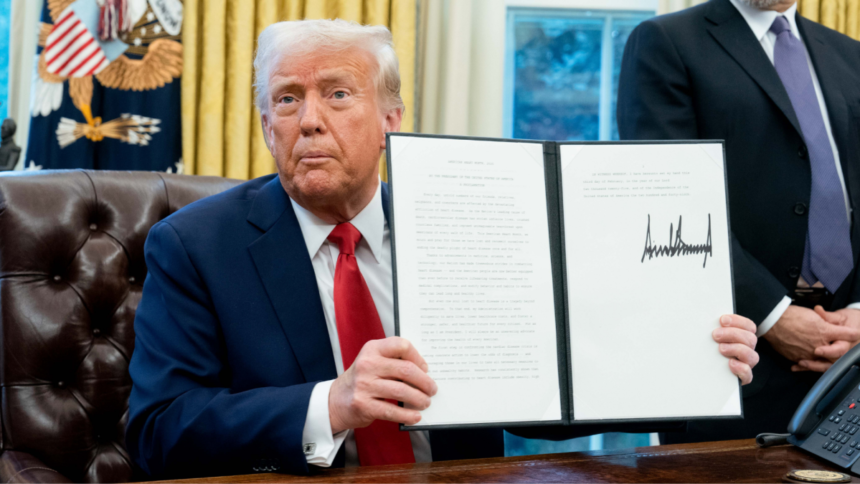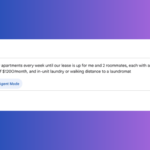Understanding the TikTok Ban and Potential Government Involvement
Important update: TikTok remains officially banned. Although President Trump has indicated that he plans to delay the enforcement of this ban until April, the app is still unavailable on app stores operated by Apple and Google. Moreover, Bytedance is expected to sell the platform to a U.S. entity in the foreseeable future. Previously, companies like Meta and Microsoft were considered potential buyers, but recent comments from Trump have introduced a surprising new option: the U.S. government itself.
In an executive order issued on Monday, the President instructed that a plan for a “sovereign wealth fund” be created, enabling the government to invest directly in private businesses and allocate the profits as deemed necessary. The Treasury and Commerce Departments have been given a 90-day deadline to craft this plan, with Trump expressing confidence that “We’re going to create a lot of wealth for the fund.”
This generated wealth could potentially be utilized for public projects, such as roads and airports, but Trump has also mentioned the government might use such a fund to acquire TikTok. “We’re going to do something, perhaps with TikTok, and perhaps not. If we make the right deal, we’ll do it,” he stated. Specifically, it has been proposed that the government could purchase a 50% ownership stake in the app. While this does not achieve the 51% majority required for total control, it would still provide significant influence over operations.
As with past executive orders from Trump, more details will likely emerge as discussions proceed. A government acquisition could fundamentally alter the characteristics of TikTok, potentially turning it into a state-controlled media entity. However, this would, at the very least, conform to the stipulations of the current ban, which prohibits Bytedance from retaining over a 20% interest in the company and limits its operational involvement.
Furthermore, while government ownership of private corporations does exist (as seen with entities such as Amtrak), establishing a state-controlled, user-oriented social media platform would venture into uncharted waters. Following a mass departure from X after Elon Musk’s takeover of that platform, dissatisfied users of a U.S.-government-owned TikTok could easily shift to alternative platforms.
A significant obstacle to a prospective government-backed buyout of TikTok is the timing surrounding such an acquisition. The ban is poised to be reinstated before the establishment of the sovereign wealth fund. However, Trump can exercise his authority to extend the timeframe for Bytedance to finalize a sale if substantial forward motion towards an agreement occurs.
Regarding the sovereign wealth fund concept, while it would represent a new venture for the federal government, the idea is not entirely unprecedented. States like Texas and nations such as Singapore, Australia, and the United Arab Emirates currently operate their own sovereign wealth funds. Collectively, the world’s sovereign wealth funds are reported to have an approximate value of $8 trillion.












